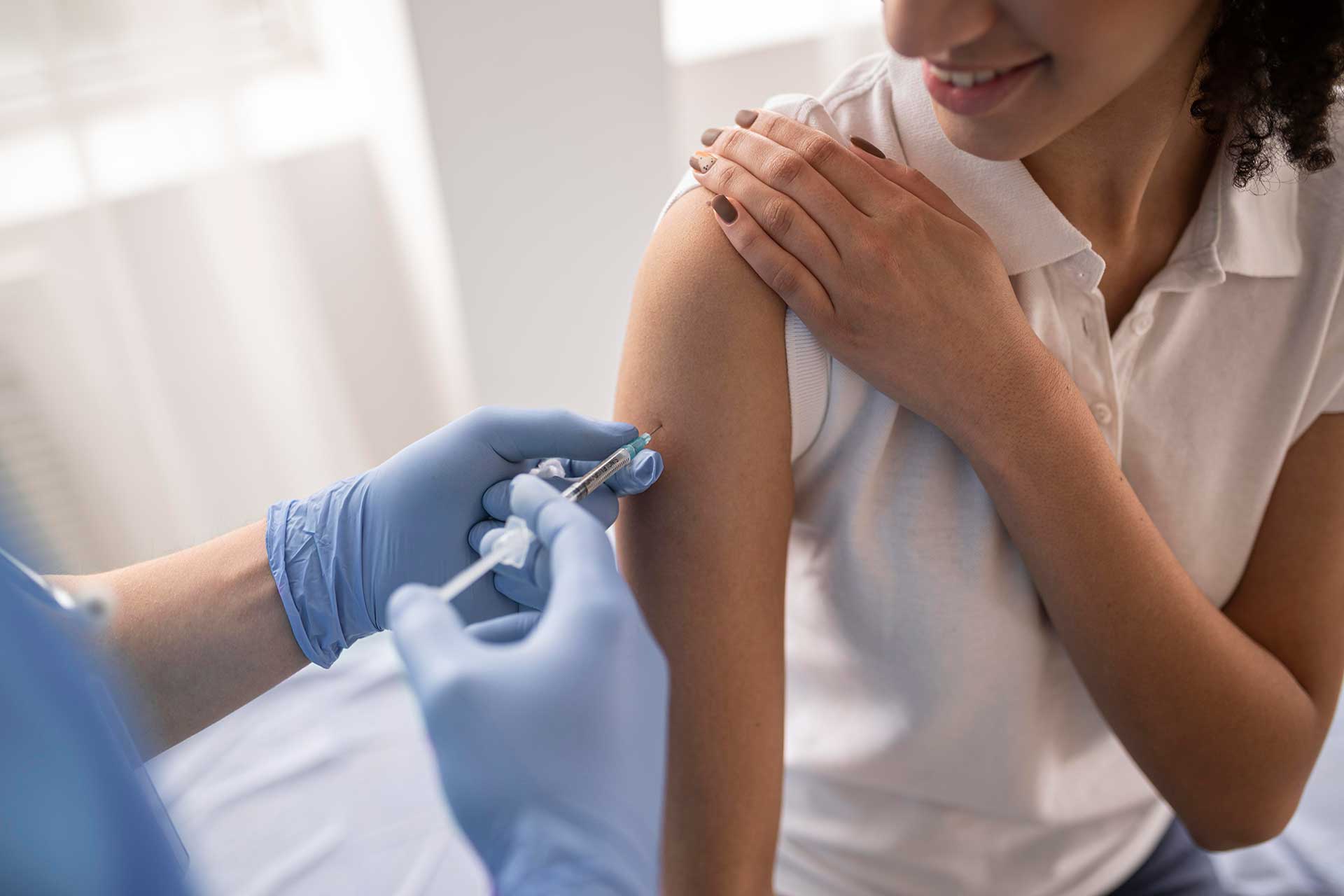The Importance of Vaccinations
Vaccinations are one of the most effective tools we have for preventing the spread of infectious diseases. They work by stimulating the immune system to produce antibodies that can recognize and fight off specific pathogens. As a result, vaccines have helped to eradicate or greatly reduce the prevalence of many dangerous diseases, such as smallpox, polio, and measles.
Despite their proven effectiveness, there is still some misinformation and skepticism surrounding vaccines. In recent years, there has been an increase in the number of people who choose not to vaccinate themselves or their children, often due to concerns about side effects or the perceived risks of vaccination.
However, the decision not to vaccinate can have serious consequences, both for individuals and for public health as a whole. When a significant portion of the population is not vaccinated, it creates a vulnerable population that can serve as a breeding ground for infectious diseases to spread. This is known as "herd immunity", and it is a critical component of disease prevention. When enough people in a community are vaccinated, it becomes much harder for diseases to spread, which protects even those who cannot be vaccinated due to health reasons.
Here are some of the key reasons why vaccinations are so important:
-
They prevent serious and potentially deadly diseases: Vaccines can protect against a range of diseases, from the flu and chickenpox to more serious illnesses such as hepatitis B, HPV, and meningitis. By preventing these diseases, vaccines can help to save lives and prevent serious complications.
-
They are safe and effective: Vaccines undergo extensive testing and clinical trials to ensure their safety and effectiveness. The risks of serious side effects from vaccines are extremely low, and the benefits far outweigh any potential risks.
-
They protect vulnerable populations: Vaccinations are particularly important for vulnerable populations, such as infants, elderly individuals, and people with weakened immune systems. For these groups, contracting a vaccine-preventable disease can be life-threatening.
-
They help prevent outbreaks: When enough people in a community are vaccinated, it becomes much harder for diseases to spread. This can help to prevent outbreaks and protect the broader population from infectious diseases.
-
They save money: Preventing disease through vaccinations is often much less expensive than treating the disease after it occurs. By preventing the need for expensive medical treatment and hospitalization, vaccinations can save individuals and governments money in the long run.
As a pharmaceutical company, we understand the importance of vaccinations and the role they play in improving public health. That's why we offer a range of safe and effective vaccines to help protect people of all ages from a variety of diseases. We encourage everyone to speak with their healthcare provider about the vaccines that are right for them, and to take advantage of this powerful tool for disease prevention.





